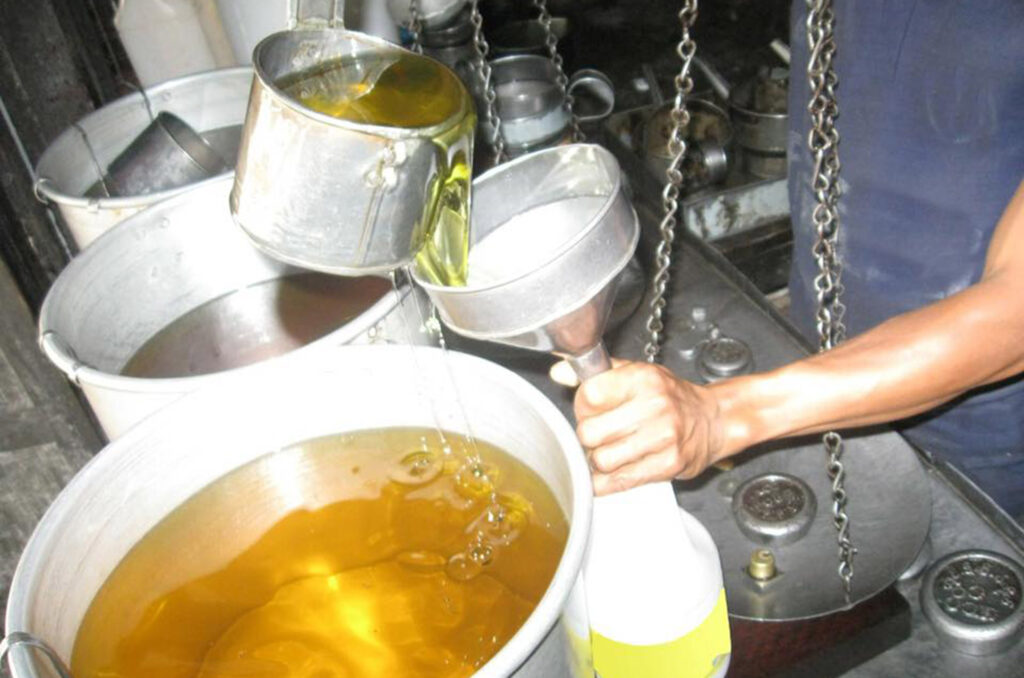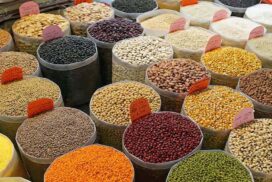The prices of black grams and pigeon peas bounced back on 4 March after the market holidays.
The prices closed at K2.94 million per tonne of black grams and K3.695 million per tonne of pigeon peas on 1 March. The reopening prices stood at K2.962 million per tonne of black grams and K3.8 million per tonne of pigeon peas on 4 March.
The figures indicated an increase of K22,000 for black grams and K105,000 for pigeon peas within three days.
India’s demand and kyat-US dollar exchange rate heavily weigh on the pulse price fluctuation.
The foreign demand pushed up the prices to K3.5 million per tonne of black grams and K4.197 million per tonne of pigeon peas on 5 February.
India also imports the black grams (urad) from Brazil and other countries. Yet, they prefer Myanmar’s black grams on account of better quality and higher availability of supply. India extended the free import policy of black grams (urad) and pigeon peas (tur) up to March 2025.
Additionally, India’s pulse output dropped more than expected due to erratic weather in India, prompting them to import a large quantity from abroad. India was reportedly to bring in 400,000 tonnes of pigeon peas (tur) and 1 million tonnes of black grams (urad) from Myanmar in two months (January-February) 2024, citing reports by foreign news agencies.
Myanmar conveyed over 1.4 million tonnes of various pulses worth US$1.182 billion over the past ten months of the current financial year 2023-2024 beginning 1 April, the Ministry of Commerce stated.
Myanmar mainly exports black grams, green grams and pigeon peas to foreign markets. Of them, black grams and pigeon peas are primarily shipped to India, while green grams are exported to China and Europe.
India has growing consumption requirements for black grams and pigeon peas. According to a Memorandum of Understanding between Myanmar and India signed on 18 June 2021, India will import 250,000 tonnes of black grams and 100,000 tonnes of pigeon peas (tur) from Myanmar for five consecutive years from 2021-2022 financial year to 2025-2026 FY. This G-to-G pact will not affect the pulses’ annual quota set by India. Myanmar’s exporters are also entitled to deliver the pulses to India under that yearly quota.
The Myanmar Pulses, Beans, Maize and Sesame Seeds Merchants Association stated that black grams, which India primarily purchases, are commonly found only in Myanmar, whereas pigeon peas, green grams and chickpeas are grown in African countries and Australia. — NN/EM
Black gram, pigeon pea prices head up after market holidays
- March 05, 2024
- 183














